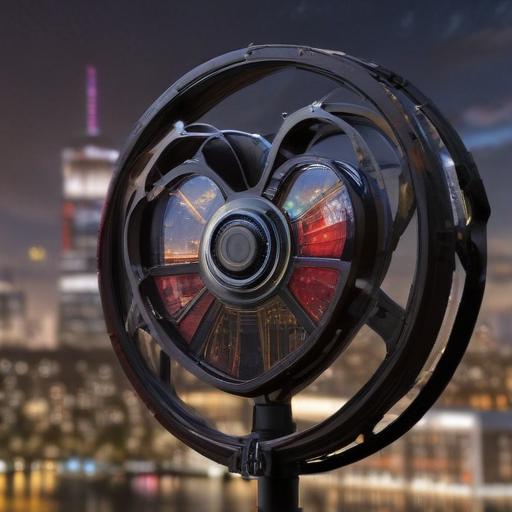The finale of Ironheart has garnered praise for its high-quality storytelling and significant developments in the Marvel Cinematic Universe (MCU). The six-part miniseries wrapped up by introducing the formidable villain Mephisto, a character many fans have anticipated since WandaVision. Riri Williams, portrayed by Dominique Thorne, evolved from a driven MIT student into a worthy successor of the Iron Man legacy, facing off against the menacing Parker Robbins and harnessing her ingenuity through a clever holographic ruse.
In the climactic moments of the series, Riri encountered Mephisto, the embodiment of deception and evil in the Marvel universe. This encounter not only heightened the stakes of Ironheart but also established a deeper connection to the larger MCU narrative. Mephisto’s presence foreshadows an intriguing future, especially as Riri exhibited symptoms linked to corruption by the villain, evident when dark veins appeared on her arm, suggesting her entanglement with Mephisto’s dark magic.
As the story unfolds, it is likely that Riri will join the Avengers in their upcoming installment, Avengers: Doomsday. Given Mephisto’s history with Doctor Doom, known for his complex relationship with torment and manipulation, the potential clash between Riri, Mephisto, and Doctor Doom opens exciting new pathways for the MCU.
What sets Ironheart apart from previous Marvel TV shows is its ability to stand alone while weaving itself into the broader franchise. The series avoided feeling merely like a buildup for future movies, instead presenting a rich narrative that fleshed out Riri’s character and her place in the Marvel world. Such developments signal a refreshing direction for Marvel storytelling, balancing both continuity and originality, hinting at a positive trajectory for future series and films in the MCU.
